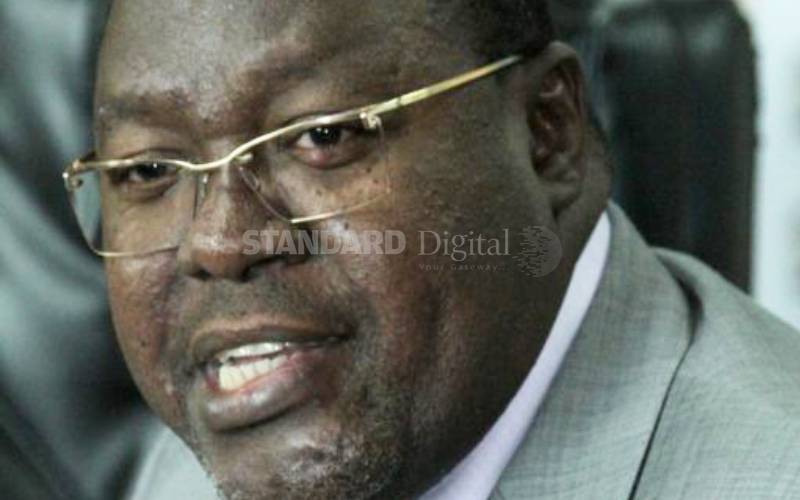×
The Standard e-Paper
Stay Informed, Even Offline

National Police Service Commission chairperson Eliud Kinuthia in Nairobi on November 13, 2019. [David Njaaga,Standard]
More than Sh1.8 billion unprocessed claims for police and prison officers are pending at an insurance firm because of disputes involving dependants.